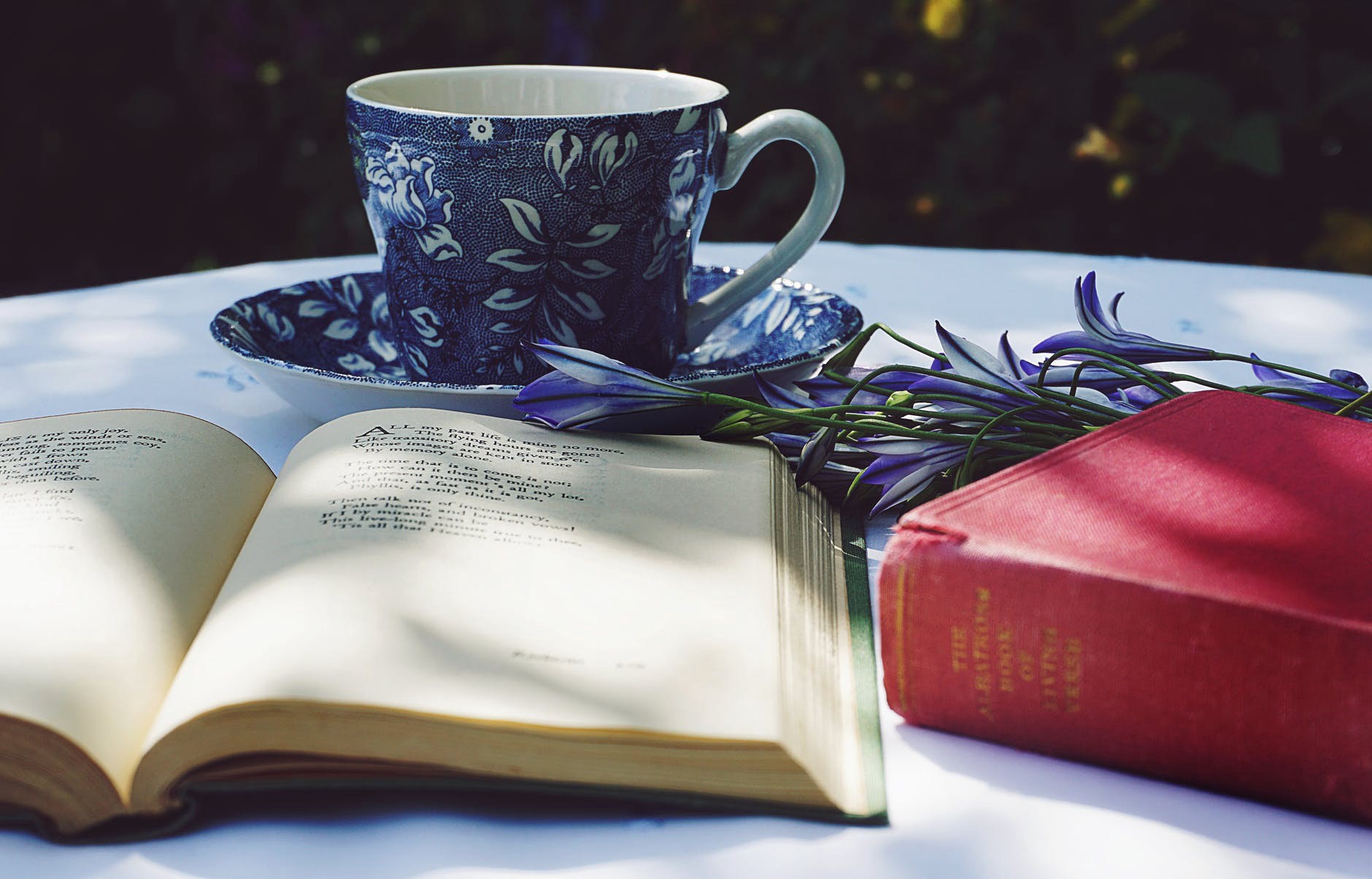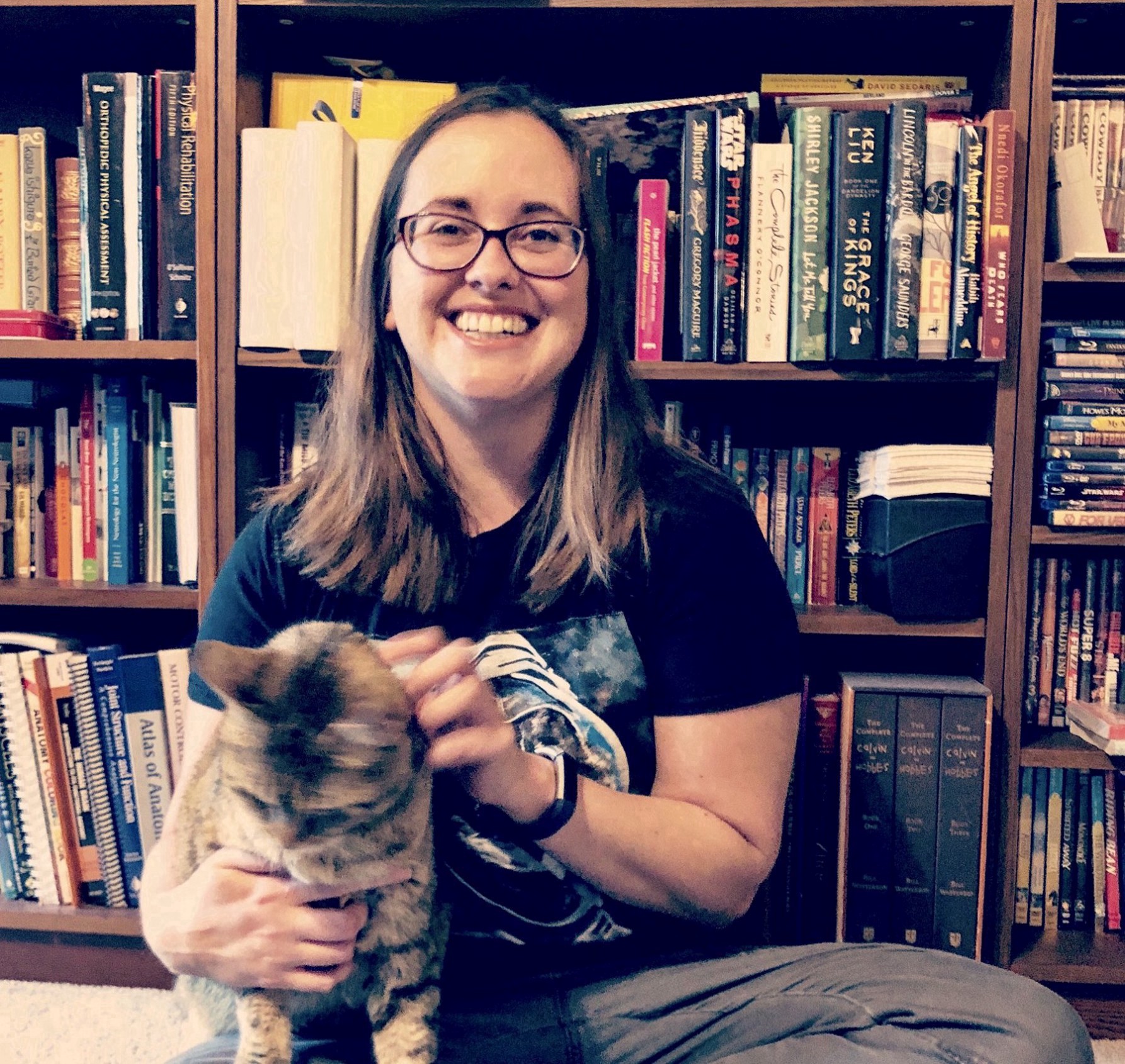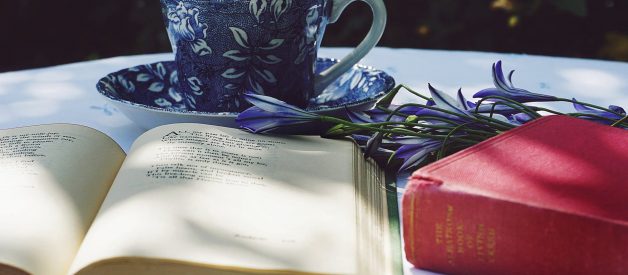Drawing Inspiration from Other Poets
 Image Courtesy Suzy Hazelwood
Image Courtesy Suzy Hazelwood
I?ve read a lot of writing prompts in my time, and they all suck. Seriously. What is with this ?Write a poem about a man who finds a dog on the side of the road and then he brings it home and then it eats his shoe . . .? prompt bull-honkey? (Okay, I made that prompt up, but that?s how most of them sound.)
I think people who write writing prompts are just trying to write their own stories (not the same thing as a poem!) and they are way overthinking it. My favorite poetry writing prompt is also the simplest one I use.
What I love about this prompt is that I can come back to it again and again and find inspiration. It?s so simple and easy ? plus, there?s a never-ending supply of inspiration to draw from.
Here it is:
Go to a book you love. Find a short line that strikes you. Make that line the title of your poem. Write a poem inspired by the line. Then, after you?ve finished, change the title completely.
With this simple prompt, I have written hundreds of poems. I know what you?re thinking, is it weird or even maybe a bit of plagiarism to use someone else?s words to inspire me? The truth is, it?s a common practice in poetry to draw off of other?s work. Using other people?s work in this way is a time-honored tradition. It?s been debated recently but it?s obvious that as far back as Christopher Marlowe, writers have been referencing each other.
I once took a class with poet Jericho Brown. He had us write what I like to call a ?mirror? or ?opposite? poem. In this method, you use an existing poem and replace every word with its opposite. Then, you reword the poem to sound like real words. It?s a fun practice to try out and it helps you engage with the literary world.
Another example of this kind of prompt is a golden shovel poem. To write this form of poem, you take a line from a poem you admire and use each word in the line as an end word in your poem. This form was devised by Terrance Hayes in response to a Gwendolyn Brooks poem.
Introduction: The Golden Shovel by Don Share | Poetry Magazine
The Golden Shovel is a poetic form readers might not – yet – be familiar with. It was devised recently by Terrance?
www.poetryfoundation.org
When I teach classes in erasure or blackout poetry, I ask students to make sure that the new poem they are writing is ?wholly original and new? from the source text. Making a black-out poem involves using a found text and blacking out words, leaving behind a poem. But the fact that the blackout poem can diverge completely in tone and subject matter makes it original.
Resistance through Erasure, Found Text, and Visual Poetry
Hybrid poetry forms can be a powerful form of resistance.
medium.com
The first step of my favorite prompt asks you to find a line that inspires you. It has to be short enough that it can be a title, right? Which means you are ?sampling? a very small part of someone else?s work. In recent years, I?ve started changing the title entirely, realizing that my brain went a completely different place and that by the time I finished writing the poem, it didn?t fit with the original inspired title.
What do you think of this prompt? Have you ever tried this method of writing a poem?

Holly Lyn Walrath is a freelance editor based out of Houston, Texas. She holds a B.A. in English from The University of Texas and a Master?s in Creative Writing from the University of Denver. She provides editing services for writers and organizations of all genres, experiences, and backgrounds, but enjoys working with new writers best. Find her on Twitter or visit her website.


